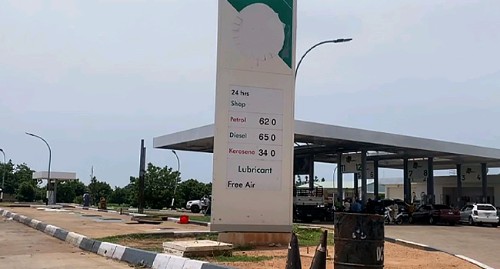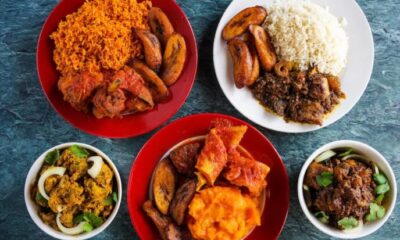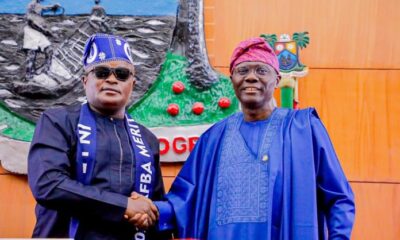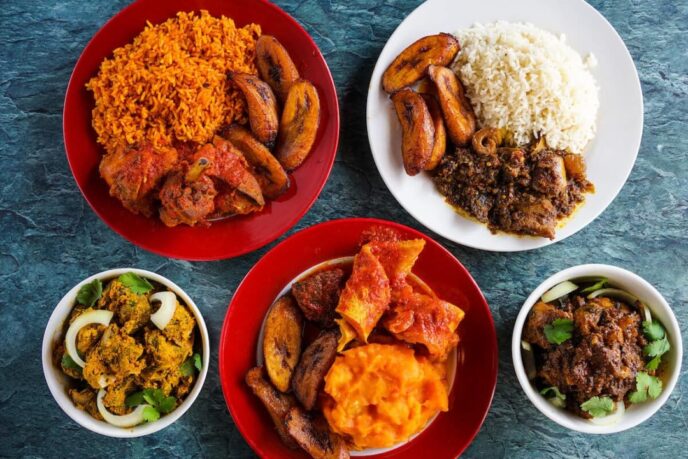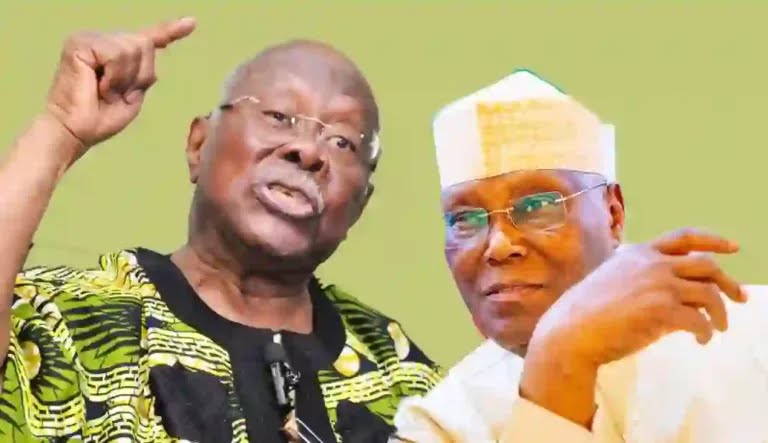Oil marketers, on Sunday, warned that if the dollar kept fluctuating between N910 and N950 on the black market, the price of Premium Motor Spirit, also known as gasoline, would jump to between N680 and N720 per litre in the coming weeks.
Additionally, they made hints that the lack of foreign currency needed to purchase PMS was forcing dealers who wanted to do so to postpone their plans.
The naira was trading at over 945 to the dollar on Friday on the parallel market, less than a week after the local currency broke over the N900/dollar ceiling.
Oil dealers said the CBN Importers and Exporters official window for foreign exchange, which boast of a lower exchange rate of about $740/litre, had remained illiquid and unable to provide the $25m to $30m required for the importation of PMS by dealers.
This, they said, had led to the suspension petrol importation by dealers who were initially eager to import the commodity.
Operators said that the only marketer, Emadeb, who imported the commodity recently, was now finding it tough to recoup its investment due to the depreciation of the naira.
Senior officials of major oil dealers, who spoke to The PUNCH in separate interviews on Sunday, said PMS price hike was imminent unless the local currency appreciates in the coming weeks.
Leaders of the Major Oil Marketers Association of Nigeria of Nigeria, Independent Petroleum Marketers Association of Nigeria, and Petroleum Products Retail Outlets Owners Association of Nigeria said there was a need for the Federal Government to intervene to address the crisis.
The National Public Relations Officer, Independent Petroleum Marketers Association of Nigeria, Chief Chinedu Ukadike, explained that the price of petrol was now driven by the fluctuations in forex, hence Nigerians should expect a hike soon.
Asked whether oil marketers were considering an increase in petrol price, he replied, “Once there is a slack in the naira against the dollar, there is going to be an effect. The demand and supply of forex is a key factor. We should also understand that it is not only petroleum products that use forex.
“Other manufacturers who import one thing or the other are also searching for dollars. So, the surge for dollars has continued to increase. So now that the dollar is hitting N910 to N940, and approaching N1,000, you should expect to buy PMS at the rate of N750/litre.
“It is simple mathematics, once the dollar is going up, have it in mind that the prices of petroleum products would definitely increase because the products are dollar-driven.”
Ukadike stated that oil marketers were still sourcing dollars from the parallel market, as the CBN’s Importers and Exporters official window was illiquid.
“Nigerians should brace for a price regime of between N680 to N720 if the exchange rate stays around N910 to N950/$, but the price is going to hit N750 once the dollar rises to N1,000.
“This is because marketers still source dollars from the parallel market, and not only marketers but virtually all importers in Nigeria. There is no subsidy any more on petroleum products, so you expect the cost to fluctuate with the dollars,” he stated.
The IPMAN PRO also stated that the Nigerian National Petroleum Company Limited was still the major importer of petrol into Nigeria, though another importer, Emadeb, imported the commodity recently.
“NNPC is still the major importer for now. One other company, Emadeb, imported products recently, but because this product is being sold in naira, getting back their funds is another issue since the naira keeps depreciating, while PMS imports is in dollars.
“This is why it is often difficult to go back and buy again as an independent importer. That is the problem we are facing,” Ukadike stated.
On when Nigerians would start seeing the price increase, he said, “NNPC is like the sole distributor of petroleum products now, so once you see a change in the price of petrol at their outlets, then other marketers will implement it.”
Marketers Put Importation On Hold
The Executive Secretary, Major Oil Marketers Association of Nigeria, Clement Isong, alluded to the fact the dealers were not importing petrol despite the fact that the government recently issued licences to about six marketers to bring in products.
Asked to speak on the import of PMS by other marketers and whether they were sourcing forex from the I&E window or the parallel market, Isong replied, “The I&E window is illiquid. There’s no money there.
“To buy products, it costs you between $25m to $30m. You can’t find it in the I&E window. So it doesn’t work and that is why people are not importing.
“We can’t find dollar again, you can’t find it right now. Nigeria has to sort out the security issues in the Niger Delta so that we can increase our daily crude oil output. If we increase it to 1.8 or two million barrels per day, then there’ll be dollar in the market. So we need to stop oil theft.”
Federal Government’s Intervention Needed
On the apprehension of a possible hike in petrol price, Isong stated that this was inevitable if the dollar continued to rise against the naira, but noted that the government might have to intervene.
“Well, the President himself said in his speech that if they find petrol prices moving too high, they would intervene. We don’t want prices to move too high, nobody wants that.
“So if the dollar continues to climb, we are expecting some sort of intervention from the government based on what the President said,” the MOMAN official stated.
He further explained that PMS was different from diesel in terms of pricing because petrol was newly deregulated.
“The dealer that has bulk of the stock is the NNPC. So it influences the price in the market. Diesel, on the other hand, is different, because it has been deregulated for a very long time. So people will sell petrol depending on their cost structure, loans they took from the banks, forex, etc.
“Many things are put into consideration by dealers before coming up with their selling prices. There’s no one person who sets or controls the price. Nobody is controlling the price of PMS. Right now, NNPC, however, will continue to control the flow of the price. But after a while, that will stop,” Isong explained.
Earlier, the President, PETROAN, Billy Gillis-Harry, while speaking on the matter, had said, “So long as the naira is losing against the dollar, the price of petrol in our retail outlets will continue to increase. To address this, he called on Tinubu to make sure that Nigeria’s refineries were put back to use.
“We have requested that the President should declare a state of emergency on our refineries in order to speed up their repairs.
“That is the one sure way to go, in order to be able to predict the price of petroleum products, because for now, every PMS you buy in any retail outlet is dollarised,” Gillis-Harry stated.
Meanwhile, the CBN last week attributed the continued fall of the naira against the dollar to the diversion of Diaspora remittances to the parallel market.
The CBN Acting Governor, Folashodun Shonubi, spoke while delivering a lecture titled ‘Diaspora Remittances and Nigeria Economic Development’ at the National Institute for Security Studies in Abuja.
Shonubi said a lot of Diaspora remittances arrived in Nigeria in dollars and end up in the parallel market without being officially documented.
It is still unclear at what point the President Bola Tinubu administration plan to intervene in the market to arrest the unfolding crisis.
Credit: The Punch

 BIG STORY2 days ago
BIG STORY2 days ago
 BIG STORY2 days ago
BIG STORY2 days ago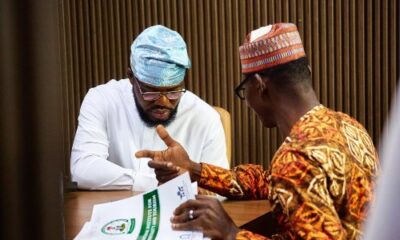
 BIG STORY2 days ago
BIG STORY2 days ago
 BIG STORY1 day ago
BIG STORY1 day ago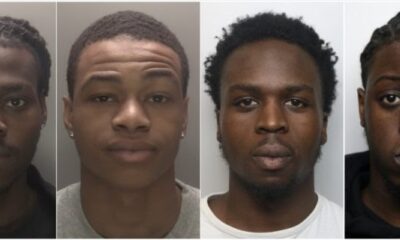
 BIG STORY3 days ago
BIG STORY3 days ago
 BIG STORY3 days ago
BIG STORY3 days ago
 BIG STORY2 days ago
BIG STORY2 days ago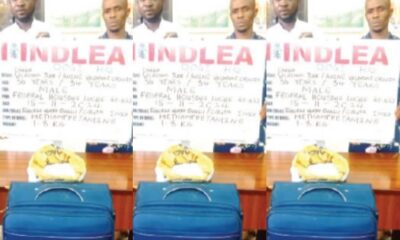
 BIG STORY4 days ago
BIG STORY4 days ago




